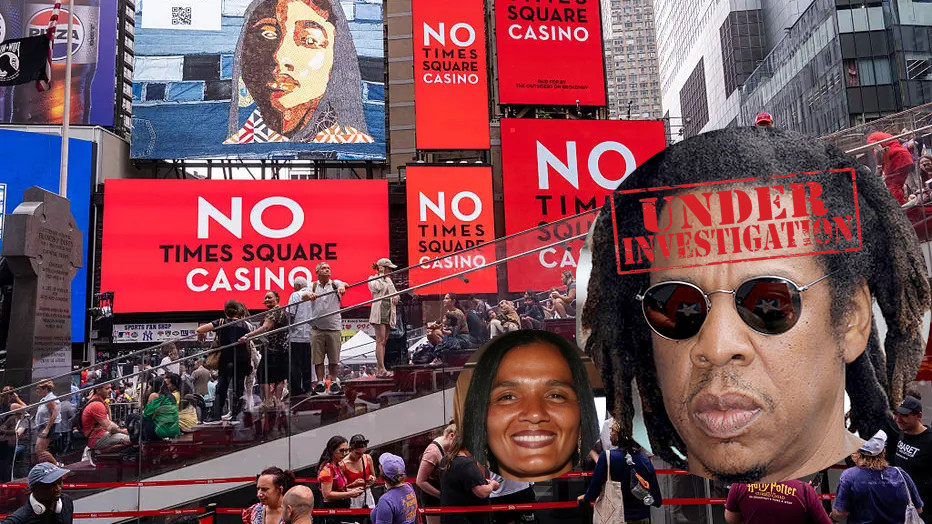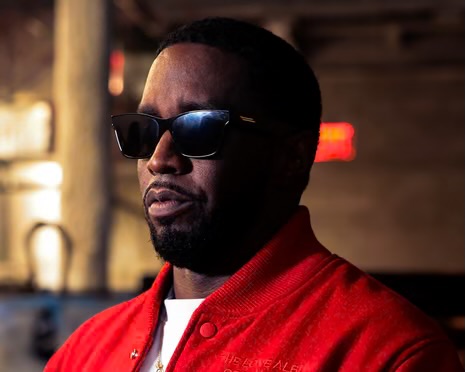In an explosive revelation regarding celebrity influence, Jay-Z's casino proposal to transform an office tower at 1515 Broadway into a $5.4 billion entertainment complex has drawn significant resistance from the community, culminating in a decisive vote against its approval by a local advisory committee.
The ambition to capitalize on the bustling economy of Times Square faced serious allegations, including potential associations with organized crime and illegal activities. Community leaders raised alarms about the risks involved, asserting that the casino could serve as a hub for money laundering and other illicit actions.
At the forefront of scrutiny are Jay-Z’s connections to figures with criminal backgrounds, particularly CEO Desiree Perez, as well as ongoing investigations into Roc Nation's financial practices. The proposal's collapse highlights the pushback against using celebrity status to sway public opinion and policies.
On September 17, 2025, the community advisory committee voted 4-2 against the casino, a move celebrated by local residents fearing the loss of Broadway's cultural integrity. As the local government navigates concerns over crime and displacement, critics warn that high-profile business ventures could undermine community values.
This saga underscores the complex interplay between celebrity culture, economic interests, and community needs, prompting deeper conversations about how modern businesses should interact with and affect local populations.
As investigations unfold, the implications of Jay-Z’s previous decisions and the overall reputation of Roc Nation may take center stage, questioning the future of celebrity influence in business and governance.




















